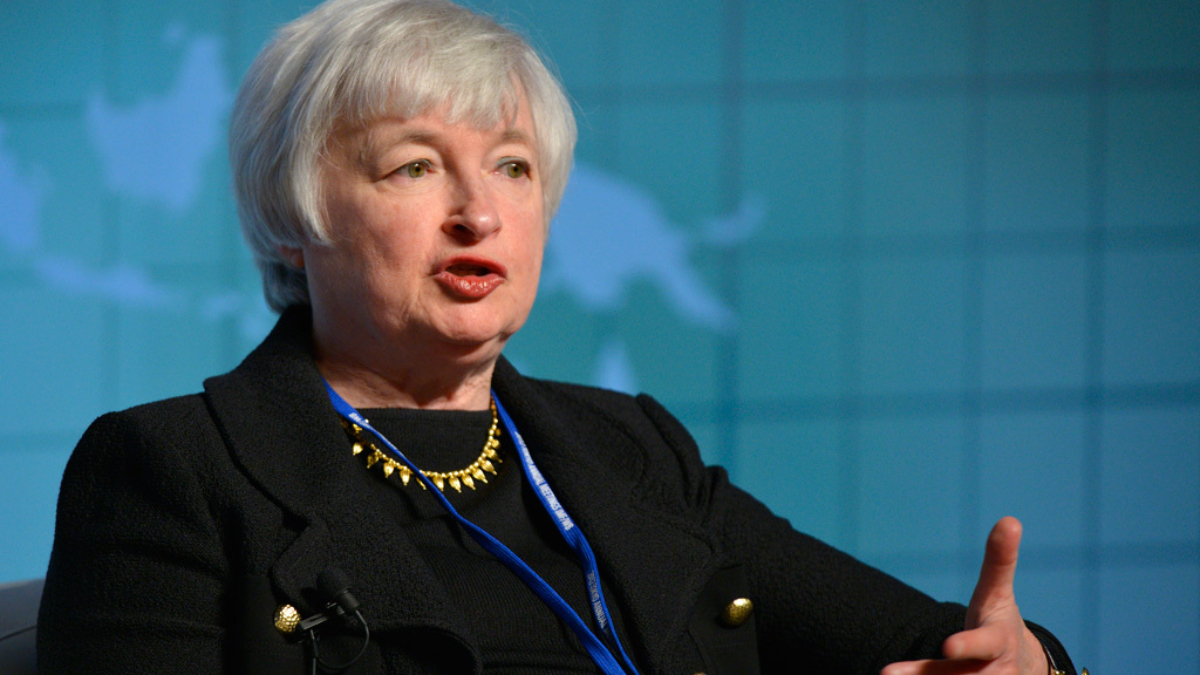By James H. Nolt
Zachary Karabell: Enough Already
 The financial markets are again getting pummeled, both domestically and globally. The nearly $800 billion stimulus package signed with fanfare by President Obama has done little to alter the mood. In fact, if you read through financial websites and assorted blogs on politics, economics, or anything related to those, you will find a nearly endless sea of misery. The level of anger, pessimism, despair, and sheer hopelessness seems to reach new highs every week, in inverse relation to the movement of global equity prices and the size of individual retirement accounts.
The financial markets are again getting pummeled, both domestically and globally. The nearly $800 billion stimulus package signed with fanfare by President Obama has done little to alter the mood. In fact, if you read through financial websites and assorted blogs on politics, economics, or anything related to those, you will find a nearly endless sea of misery. The level of anger, pessimism, despair, and sheer hopelessness seems to reach new highs every week, in inverse relation to the movement of global equity prices and the size of individual retirement accounts.
But bad fundamentals are only one aspect of what is going on. What makes the present that much worse is a complete meltdown of confidence about the very possibility of a more balanced future. And it’s not just an erosion of confidence. It’s the flourishing of our destructive instincts, the opposite of the “better angels of our nature,” the demons, the whispers in the night that all is about to go up in flames.
We all have our fears, whether we admit them or not. But this has gone too far. In the financial world, there is a game of one-upmanship to find more dire adjectives, and any who dissent and suggest that yes, there will be a tomorrow, and yes, there will be a future of growth, moderate and different but still motion forward and movement upward, they are treated with contempt. Indeed, contempt on the order of those made to walk the streets during the Cultural Revolution with dunce caps and signs of shame around their necks.
Those who bet that the market will go down until there’s nothing left to lose, who are convinced that value will be permanently wiped out—the shorts and the traders—they are enjoying their moment in the sun, and some are undoubtedly profiting from the collective misery. There’s nothing wrong with that in small doses, and almost everyone can benefit from hedging their bets in the market. But you can’t be short forever, and you can’t ultimately profit from everything going down. A few can make money for a while, and if you believe that it’s all survival of the fittest, then you probably don’t care if 99 percent suffer as long as you’re part of the 1 percent that prospers. The sheer delight in “burn, baby, burn” is hardly unique to our age. We’ve been there before, and it leads nowhere, except to a whole world in flames.







